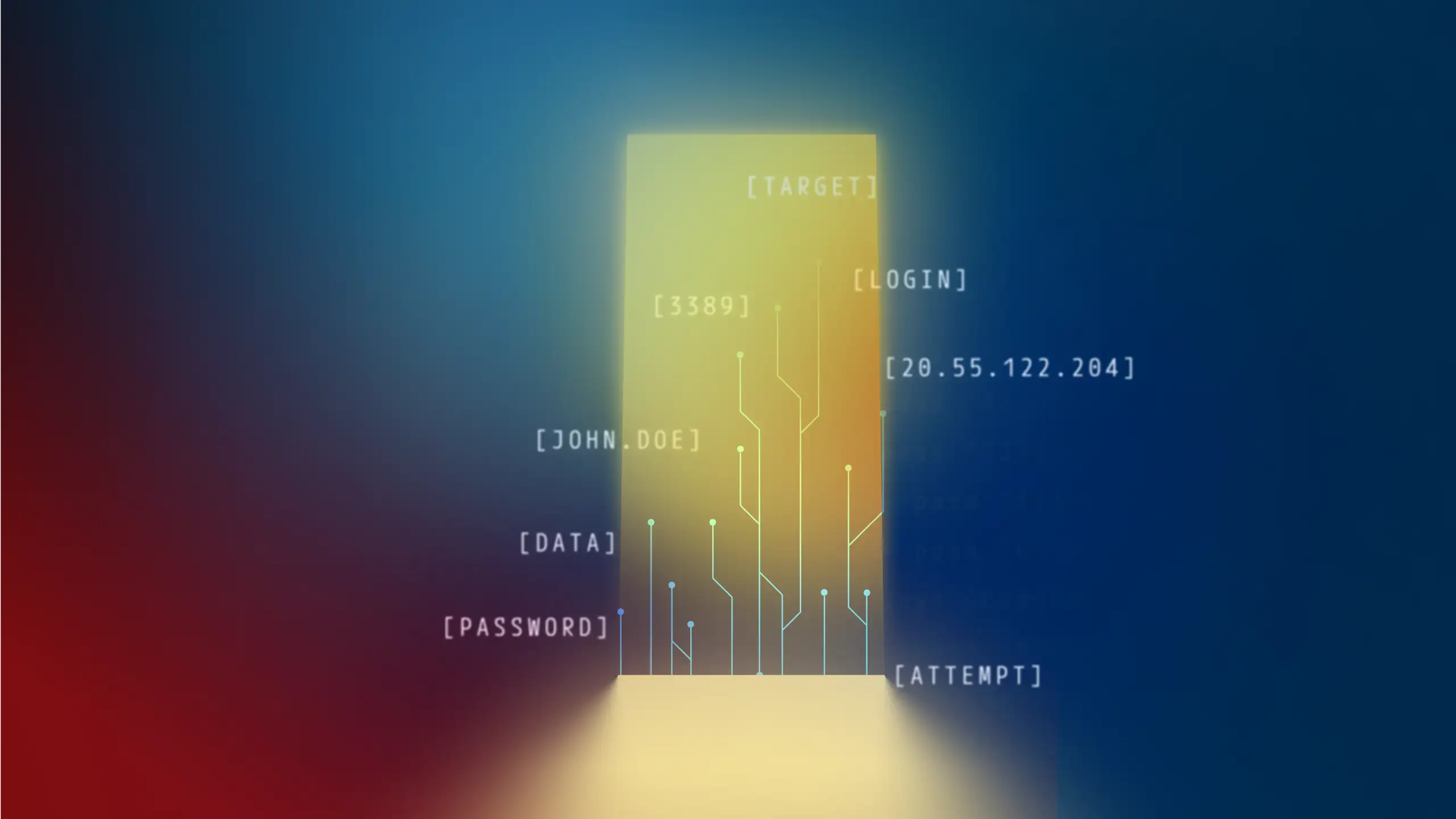- Resource center
- >
- Threat intel

Request Data:
{}Request Data:
{}Request Data:
{}Article
Cyber and Manufacturing: If You Build It, Threat Actors Will Come
1705622400000
Read Article
Request Data:
{}Request Data:
{}Request Data:
{}Request Data:
{}Request Data:
{}Request Data:
{}Request Data:
{}Request Data:
{}Request Data:
{}Request Data:
{}Request Data:
{}Request Data:
{}Article
Record Ransomware Attacks: 6-Month Upward Trend Continues in July
1691625600000
Read Article
Request Data:
{}Request Data:
{}Request Data:
{}Request Data:
{}Request Data:
{}Request Data:
{}Request Data:
{}Request Data:
{}Request Data:
{}Request Data:
{}Request Data:
{}Request Data:
{}Request Data:
{}Request Data:
{}Request Data:
{}Request Data:
{}Request Data:
{}Request Data:
{}Request Data:
{}Request Data:
{}Request Data:
{}Request Data:
{}Request Data:
{}Request Data:
{}Request Data:
{}Request Data:
{}Request Data:
{}Request Data:
{}Request Data:
{}Request Data:
{}Request Data:
{}Request Data:
{}Request Data:
{}Request Data:
{}Request Data:
{}Request Data:
{}Request Data:
{}Request Data:
{}Request Data:
{}Request Data:
{}Request Data:
{}Request Data:
{}Request Data:
{}Request Data:
{}Request Data:
{}Request Data:
{}Request Data:
{}Request Data:
{}Request Data:
{}Request Data:
{}![[ARTICLE] Q4 Travelers' Cyber Threat Report: Ransomware Goes Full Scale](https://www.corvusinsurance.com/hs-fs/hubfs/2024_q4_rw_blog_thumbnail.webp?width=2560&height=1440&name=2024_q4_rw_blog_thumbnail.webp)
Article
Q4 '24 Travelers' Cyber Threat Report: Ransomware Goes Full Scale
1741219200000
Read Article
Request Data:
{}Request Data:
{}Request Data:
{}Request Data:
{}Request Data:
{}Request Data:
{}Request Data:
{}Request Data:
{}Request Data:
{}Request Data:
{}Request Data:
{}Request Data:
{}Request Data:
{}Request Data:
{}
Expert insights tailored to your business
Every policy includes unlimited consultations with our Cyber Risk team, for insights on incident response strategies, security investments, and more.

.png)
![[ARTICLE] Q1 Ransomware Report: Ransomware Groups Don’t Die, They Multiply](https://www.corvusinsurance.com/hs-fs/hubfs/Q1%20Ransomware%20Report%20Ransomware%20Groups%20Don%E2%80%99t%20Die%2c%20They%20Multiply.webp?width=1280&height=720&name=Q1%20Ransomware%20Report%20Ransomware%20Groups%20Don%E2%80%99t%20Die%2c%20They%20Multiply.webp)
![[PDF] Q1 '24 Ransomware Report PDF](https://www.corvusinsurance.com/hs-fs/hubfs/2024%20Resource%20Center%20Thumbnails/Q1_2024_Ransomware_Report_PDF.webp?width=2560&height=1440&name=Q1_2024_Ransomware_Report_PDF.webp)
![[REPORT] Q2 Cyber Threat Report: Ransomware Season Arrives Early](https://www.corvusinsurance.com/hs-fs/hubfs/2024%20Resource%20Center%20Thumbnails/Q2_cyber_threat_report_ransomware_season_arrives_early.webp?width=1920&height=1080&name=Q2_cyber_threat_report_ransomware_season_arrives_early.webp)
![[PDF] Q2 2024 Cyber Threat Report](https://www.corvusinsurance.com/hs-fs/hubfs/2024%20Resource%20Center%20Thumbnails/Q2_2024_cyber_threat_report.webp?width=2560&height=1440&name=Q2_2024_cyber_threat_report.webp)
![[ARTICLE] Q3 Cyber Threat Report: The Ransomware Ecosystem is Increasingly Distributed](https://www.corvusinsurance.com/hs-fs/hubfs/24q3_rw_report_thumbnail.webp?width=2560&height=1440&name=24q3_rw_report_thumbnail.webp)
![[PDF] Q3 2024 Cyber Threat Report](https://www.corvusinsurance.com/hs-fs/hubfs/2024%20Resource%20Center%20Thumbnails/Q3_2024_cyber_threat_report.webp?width=2560&height=1440&name=Q3_2024_cyber_threat_report.webp)
![[WEBINAR] Analyzing Q3 2024 Ransomware Activity](https://www.corvusinsurance.com/hs-fs/hubfs/2024%20Resource%20Center%20Thumbnails/Analyzing_Q3_2024_Ransomware_Activity.webp?width=2560&height=1440&name=Analyzing_Q3_2024_Ransomware_Activity.webp)
![[ARTICLE] November 2024: A Record-Breaking Month for Ransomware Attacks](https://www.corvusinsurance.com/hs-fs/hubfs/24q4_rw_report_november_thumbnail.webp?width=2560&height=1440&name=24q4_rw_report_november_thumbnail.webp)
![[REPORT PDF] Q4 Travelers' Cyber Threat Report PDF: Ransomware Goes Full Scale](https://www.corvusinsurance.com/hs-fs/hubfs/2024_q4_rw_report_thumbnail.webp?width=2560&height=1440&name=2024_q4_rw_report_thumbnail.webp)
![[PDF DOWNLOAD] Q1 2025 Travelers' Cyber Threat Report PDF](https://www.corvusinsurance.com/hs-fs/hubfs/2024_q4_rw_report_thumbnail%20(1).webp?width=2560&height=1440&name=2024_q4_rw_report_thumbnail%20(1).webp)
![[ARTICLE] Q1 2025 Travelers' Cyber Threat Report: Record Activity Driven by Array of Options for Attackers](https://www.corvusinsurance.com/hs-fs/hubfs/2024_q4_rw_blog_thumbnail%20(1).webp?width=2560&height=1440&name=2024_q4_rw_blog_thumbnail%20(1).webp)
![[WEBINAR] Record Activity Driven by Array of Options for Attackers](https://www.corvusinsurance.com/hs-fs/hubfs/2024_q4_rw_report_thumbnail_pdf.webp?width=2560&height=1440&name=2024_q4_rw_report_thumbnail_pdf.webp)
![[PDF] Q2 '25 Travelers Cyber Threat Report: How Business Email Compromise Drives Cyber Claims](https://www.corvusinsurance.com/hs-fs/hubfs/Website%20and%20Email%20Imagery/2025%20Imagery/2025-Q2-rw-report-thumbnail-pdf%20(1).png?width=5120&height=2880&name=2025-Q2-rw-report-thumbnail-pdf%20(1).png)
![[ARTICLE] Q2 '25 Travelers Cyber Threat Report: How Business Email Compromise Drives Cyber Claims](https://www.corvusinsurance.com/hs-fs/hubfs/Website%20and%20Email%20Imagery/2025%20Imagery/2025-Q2-rw-report-thumbnail-blog-v1.0%20(1).png?width=5120&height=2880&name=2025-Q2-rw-report-thumbnail-blog-v1.0%20(1).png)
![[WEBINAR REPLAY] How Business Email Compromise Drives Cyber Claims](https://www.corvusinsurance.com/hs-fs/hubfs/Website%20and%20Email%20Imagery/2025%20Imagery/2025-Q2-rw-report-thumbnail-webinar.png?width=5120&height=2880&name=2025-Q2-rw-report-thumbnail-webinar.png)
![[ARTICLE] ClickFix and FileFix](https://www.corvusinsurance.com/hs-fs/hubfs/Website%20and%20Email%20Imagery/2025%20Imagery/25q3_blog_clickfix_filefix.webp?width=960&height=540&name=25q3_blog_clickfix_filefix.webp)
![[ARTICLE] How Business Email Compromise (BEC) Drives Claims](https://www.corvusinsurance.com/hs-fs/hubfs/25q3_blog_ctr_bec.webp?width=2560&height=1440&name=25q3_blog_ctr_bec.webp)
![[ARTICLE] Q3 '25 Travelers Cyber Threat Report: A Coordinated Campaign, Ransomware Rises Again](https://www.corvusinsurance.com/hs-fs/hubfs/Website%20and%20Email%20Imagery/2025%20Imagery/25Q2-ctr-thumbnail-blog.webp?width=2561&height=1440&name=25Q2-ctr-thumbnail-blog.webp)
![[REPORT PDF] Q3 '25 Travelers Cyber Threat Report: A Coordinated Campaign, Ransomware Rises Again](https://www.corvusinsurance.com/hs-fs/hubfs/Website%20and%20Email%20Imagery/2025%20Imagery/25Q3-ctr-thumbnail-pdf.png?width=3840&height=2160&name=25Q3-ctr-thumbnail-pdf.png)
![[WEBINAR] A Coordinated Campaign: Ransomware Rises Again](https://www.corvusinsurance.com/hs-fs/hubfs/Website%20and%20Email%20Imagery/2025%20Imagery/25q2_ctr_website_background_v3_0.webp?width=712&height=400&name=25q2_ctr_website_background_v3_0.webp)